Entrepreneurs reveal their failures en route to success
- Published
Millions of people dream of starting their own company, but only some are brave enough to take the leap.
Fewer still go on to great success.
Talking to BBC Radio 5 live's On the Money, some of the UK's most successful entrepreneurs share their tips for business success - as well as revealing some of their biggest mistakes, and the lessons they learned.

Sir Richard Branson, founder, Virgin Group
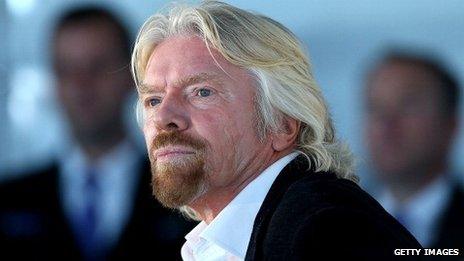
"I suppose our most famous failure - if you can call it that - was trying to take on Coca-Cola for a year. We were doing fantastically well in the shops that we were in. Coke literally sent a 747 full of squat teams and money over, and our stocks started disappearing off the shelves. They managed to squash us, and the lesson was that you need to be better than the people you are competing with.
"My advice is five words: screw it; just do it."

Jo Malone, founder, Jo Malone and Jo Loves
.jpg)
"I've made hundreds of mistakes.
"When we launched our brand Jo Loves, we hadn't checked Google properly despite spending a lot of money on the IP [intellectual property]. We then found out there was someone else top of the Google list with a similar name as ours, selling vibrators. I hadn't checked. That was my biggest mistake and I had to really dust myself off and pick myself up.
"Sometimes the business you failed at takes you on a journey to something far greater down the road."

Gerald Ratner, founder of geraldonline.com, and former chief executive, Ratner Group
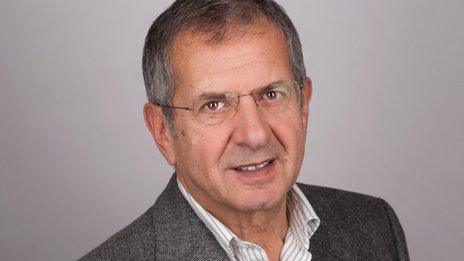
"Asking me about my worst mistake is a bit like asking the captain of the Titanic.
Peter Stringfellow, Gerald Ratner, Liz Earle and Julie Dean share their tips for success
"I was asked to do a speech in 1991 for the Institute of Directors. I put a couple of jokes in, and one was about a 99p pair of earrings we sold - the same price as a Marks & Spencer sandwich - and I joked that the sandwich would last longer. And then I compounded that by talking about a £4.99 sherry decanter we sold, and I said the reason it was so cheap was because it was crap.
"The aftermath of that was that people boycotted my shops; the tabloid press in particular painted this as me making fun of my customers, which is something I would never do. They treated me as a tabloid punchbag, and it was enough to make me resign after 18 months of hanging on.
"It was a terrible experience to go through. It was a very sad end after 20 years of building my business, and it took seven years to get back on my feet.
"My advice is: don't give up. You will be rejected, but being rejected is actually the route to success. Celebrate that, because you have to go through that a few times before you achieve your goal."

Doug Richard, former Dragon and founder, School for Start-ups
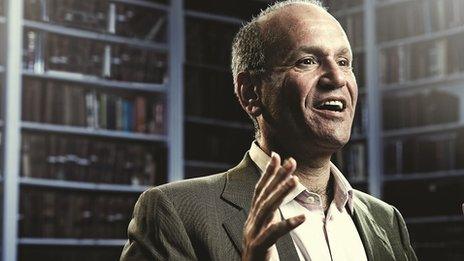
"I accept the fact I'm engaged in a high-risk activity. If there's no risk there's no reward.
"I sold my second business, a software company, to a large public corporation. I took shares instead of cash and 89 days later those shares dropped by 99% and I was wiped out.
"The advice I'd give is to take cash."

Richard Reed, founder, Innocent Drinks and Jam Jar Investments
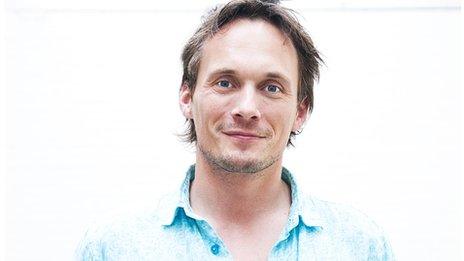
"When we started out we had one company which made our plastic bottles, and one company which bottled the crushed fruit into those bottles.
"They were totally unconnected businesses, but at separate stages both rang us and said they would no longer be able to manufacture our bottles or pack our smoothies. They only gave us 24 hours' notice. Overnight we would cease to have a business.
"We manoeuvred our way through it but it definitely taught us: focus on your Plan A, but know what to do if there's an emergency.
"If you sit around waiting until you are 100% certain or 100% confident, I don't think it's ever going to happen."

Peter Stringfellow, founder, Stringfellows nightclub
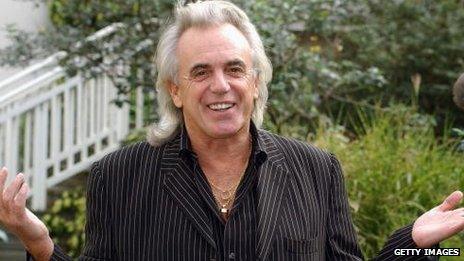
"I'm 73 years old. I've been in business nearly 50 years. I've made so many mistakes. The thing about mistakes is that you have to learn from them. Make a lot of mistakes, as long as you make a few successes.
"And don't be frightened of failure. If you really are entrepreneurial and have the passion to go forward, a few failures don't count."

Liz Earle, founder of Liz Earle Skincare
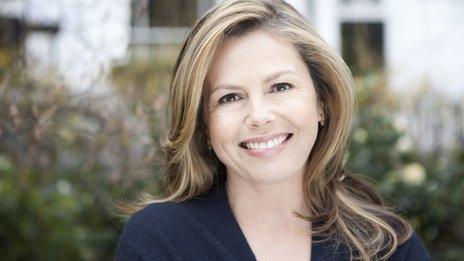
"The biggest mistake I think we made was not taking on more help in the early days. My partners and I were young mums at the time, and we were working 20-hour days. I think with hindsight we should have been kinder on ourselves, and brought in a team of specialists and experts earlier than we did.
"My one piece of advice would be not to rush things. It's incredibly tempting to accept every opportunity, even if you're not ready.
"We have an expression: if it has to be 'now', it has to be 'no'. It's really important to not get pushed into making quick decisions. I take the view that it is better to crawl, and then walk, and then run."

Dale Murray, angel investor
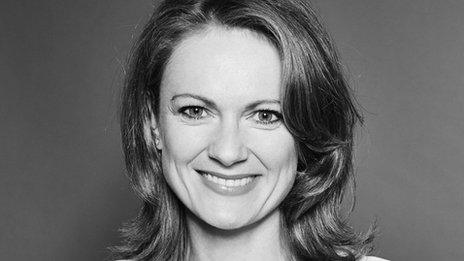
"I have taken some people too much at face value. I'm quite straightforward, and I thought other people would be the same. Most of them are but some people aren't. When you get those guys who aren't trustworthy and have different motivations from you, it can be quite hurtful.
"The entrepreneurs we look for dust themselves down and get back on the horse again."
You can hear On the Money in full on Sunday, 20 April, at 19:30 GMT on BBC Radio 5 live.